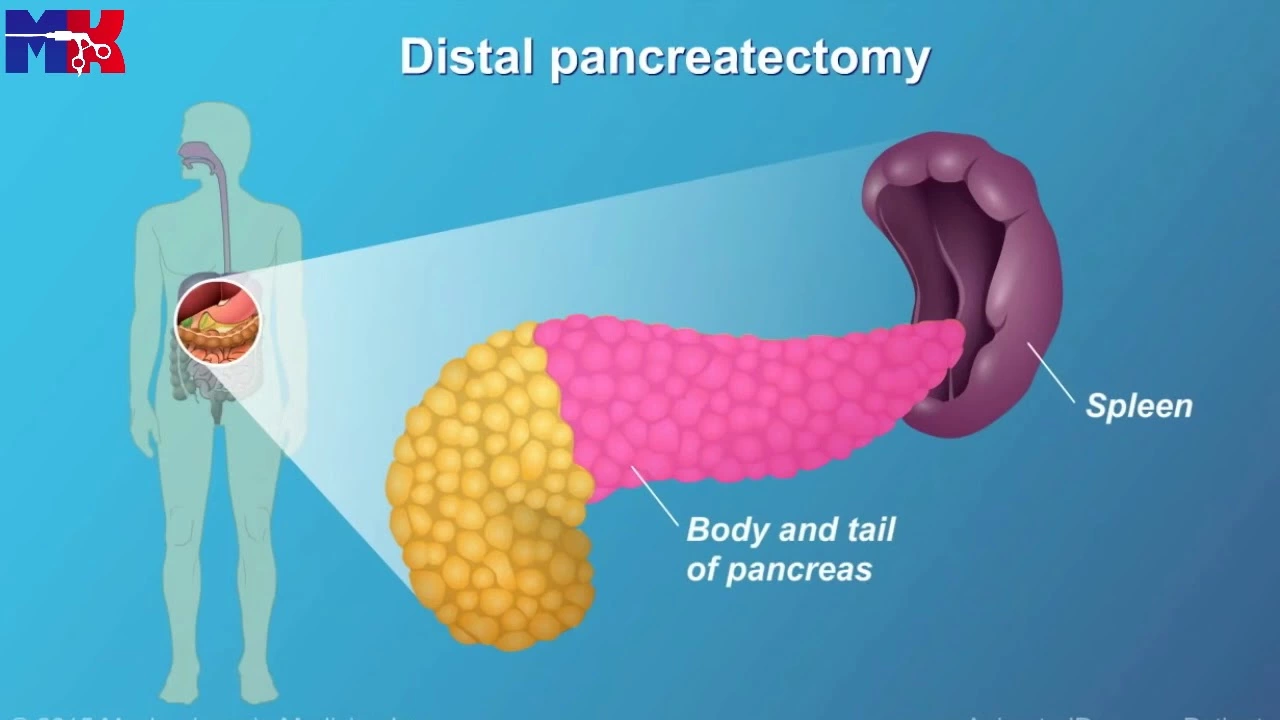Exploring the Connection Between Ethnicity and Pancreatic Cancer Risk
In recent years, researchers have noticed a significant disparity in the rates of pancreatic cancer among different ethnic groups. In this article, we will explore the connection between ethnicity and the risk of developing pancreatic cancer. We will examine the various factors that may contribute to these differences and discuss potential ways to reduce the risk for individuals from high-risk ethnic backgrounds.
Ethnic Disparities in Pancreatic Cancer Incidence Rates
Pancreatic cancer is a deadly disease that affects thousands of people worldwide every year. However, its incidence rates differ significantly depending on one's ethnicity. According to recent studies, African Americans have the highest incidence rates of pancreatic cancer, followed by Native Hawaiians, Japanese Americans, Latinos, and non-Hispanic whites. This disparity in incidence rates is particularly alarming, as it suggests that certain ethnic groups may be more vulnerable to developing pancreatic cancer.
Understanding Genetic Factors
One possible explanation for the differences in pancreatic cancer risk among various ethnic groups is genetics. Some researchers believe that certain genetic mutations, which are more common in specific ethnic populations, may predispose individuals to developing pancreatic cancer. For example, the BRCA2 gene mutation, which is associated with an increased risk of both breast and ovarian cancer, has also been linked to a higher risk of pancreatic cancer. This mutation is more prevalent among individuals of Ashkenazi Jewish descent, who have a higher incidence rate of pancreatic cancer compared to other populations.
Examining Lifestyle and Environmental Factors
In addition to genetic factors, lifestyle and environmental factors also play a significant role in determining an individual's risk of developing pancreatic cancer. For instance, a diet high in red and processed meats has been associated with an increased risk of pancreatic cancer. As certain ethnic groups may have dietary preferences that include higher consumption of these foods, this could contribute to the observed disparities in pancreatic cancer incidence rates.
Accounting for Socioeconomic Factors
Socioeconomic factors are another important aspect to consider when examining the relationship between ethnicity and pancreatic cancer risk. Individuals from lower socioeconomic backgrounds often have limited access to healthcare services and may be less likely to receive timely and appropriate cancer screenings. As a result, pancreatic cancer is often diagnosed at a later stage, when it is more difficult to treat. Furthermore, lower socioeconomic status has been linked to higher rates of smoking and obesity, both of which are known risk factors for pancreatic cancer.
Addressing the Disparities: Strategies for Prevention and Early Detection
Given the significant differences in pancreatic cancer incidence rates among various ethnic groups, it is crucial for healthcare professionals and public health organizations to develop targeted strategies for prevention and early detection. Some potential approaches include:
Educating High-Risk Populations
Raising awareness of pancreatic cancer risk factors and symptoms among high-risk ethnic groups is crucial for promoting prevention and early detection. Community-based education programs can help individuals understand their risk and take appropriate steps to minimize it, such as adopting a healthy diet, maintaining a healthy weight, and quitting smoking.
Expanding Access to Genetic Testing
For individuals with a family history of pancreatic cancer or known genetic mutations that increase their risk, genetic testing can provide valuable information that may inform prevention and screening strategies. Expanding access to genetic testing, particularly among high-risk ethnic populations, can help identify those who may benefit from more frequent screenings and other targeted interventions.
Improving Access to Healthcare Services
Ensuring that all individuals, regardless of their ethnicity or socioeconomic background, have access to high-quality healthcare services is essential for reducing disparities in pancreatic cancer incidence rates. This includes improving access to preventive care, cancer screenings, and timely treatment for those diagnosed with pancreatic cancer.
Conclusion
Understanding the complex relationship between pancreatic cancer and ethnicity is crucial for identifying high-risk populations and developing targeted strategies for prevention and early detection. By addressing the various genetic, lifestyle, and socioeconomic factors that contribute to these disparities, we can work towards reducing the burden of pancreatic cancer among all ethnic groups and improving the overall health of our communities.


Stephanie Cepero
June 2, 2023 AT 17:26My aunt was diagnosed late because no one talked about symptoms until it was too late. People need to know: back pain that won't quit, unexplained weight loss, new-onset diabetes-these aren't just 'getting older' things.
Michael Tribone
June 3, 2023 AT 11:26Let’s fix the system, not just tell people to eat kale.
Nancy Lowry
June 3, 2023 AT 18:30Khanyisa Mhlongo
June 4, 2023 AT 04:03Education isn’t just pamphlets. It’s church groups, township radio, grandmas telling their daughters: ‘Go get checked, even if you feel fine.’
Manvika Gupta
June 4, 2023 AT 18:13Chloe McDonald
June 5, 2023 AT 10:49Hobert Finn Bodfish
June 6, 2023 AT 10:38Andrea Galetto
June 7, 2023 AT 00:17Daniel Rogers
June 7, 2023 AT 23:06Chris Remo
June 8, 2023 AT 17:25Michael Herr
June 9, 2023 AT 00:15Crystal Magnant
June 9, 2023 AT 15:56